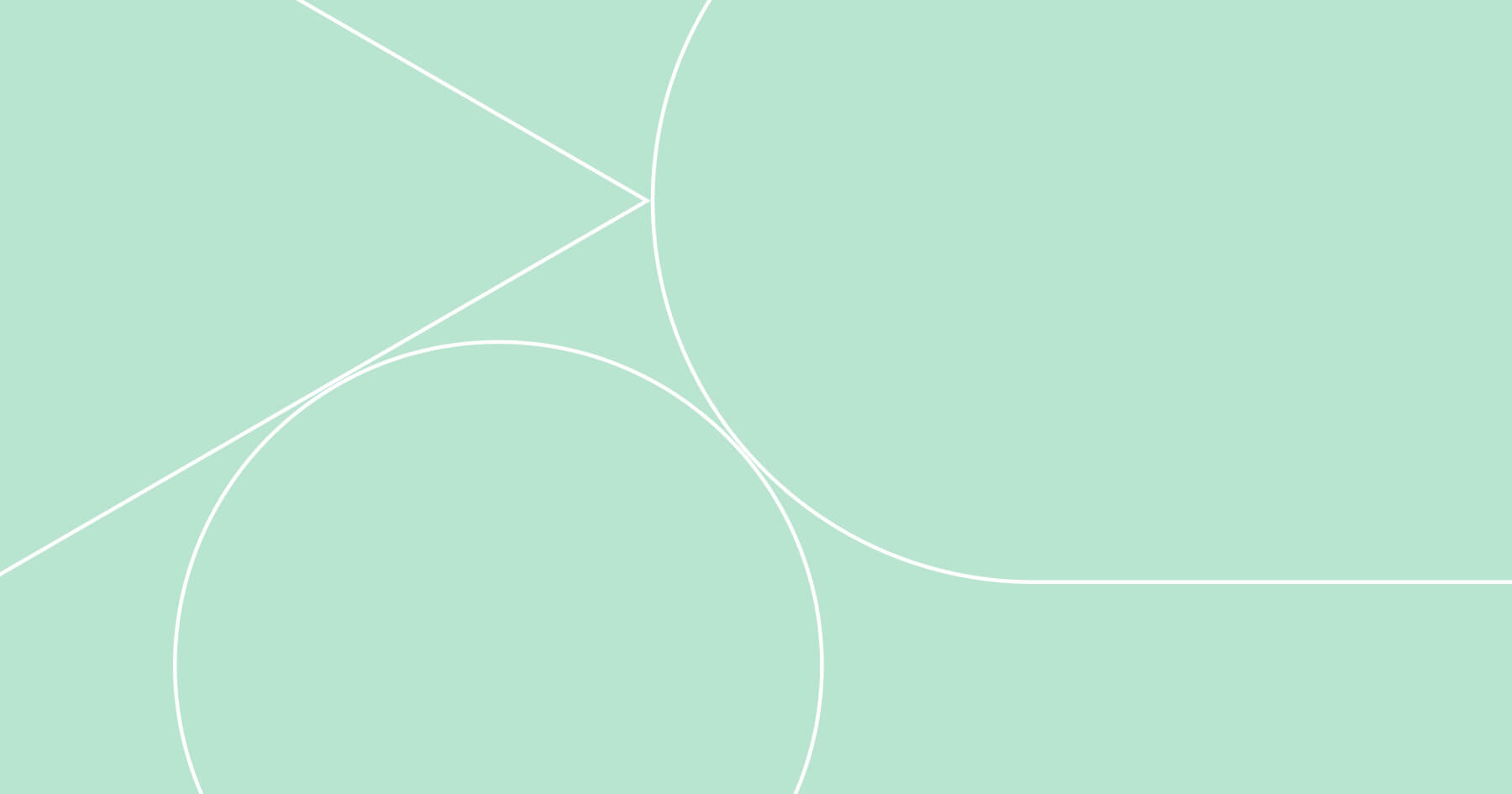
U.S.-Based Companies
Drive Innovation at U.S.-Based Companies
Host Foreign STEM Researchers at U.S. Based Company.
Through the STEM Research Initiative, your U.S.-based company can tap into an international talent pool to accelerate research efforts and drive innovation forward.
Offering diverse, global perspectives and a breadth of specialized expertise, foreign nationals involved in research and development can help your business gain a competitive advantage—strengthening R&D teams, creating solutions for better meeting customer needs, and spurring the development of cutting-edge technologies. With the ability to host international experts for up to five years, this initiative makes it easier for U.S.-based companies of all sizes to access the global resources needed to fuel future growth.
If you are a STEM participant, sign up at STEMTalentConnect.com to start your journey.
Program Overview
From startups to Fortune 500 companies, the STEM Research Initiative offers an easier way for U.S.-based companies and institutions to source talented researchers from around the globe. Non-immigrant researchers can legally remain in the U.S. for up to five years, staying at one organization for the entire duration or transferring their J-1 visa between multiple U.S.-based companies and institutions.

Is My Company or Institution Eligible to Host Foreign STEM Researchers?
As long as your company or institution is U.S.-based companies, has enough resources to host foreign talent, and has at least one physical location in the continental United States, you could be eligible to bring in subject matter experts from anywhere in the world to aid in research and development efforts, new product development, academic studies, trials, and more. Eligible industry sectors include, but are not limited to:
- Engineering (all)
- Artificial Intelligence (AI)
- Robotics & Automation
- Computing & Electronics
- Software Development
- Semiconductors
- Renewable Energy and Cleantech
- Pharmaceutical & Biotechnology
- Aerospace, Aeronautical, Astronautical
- Automotive & Autonomous Vehicles
- Quantum Computing
- IT & Cybersecurity
- EdTech, AgTech, & FinTech
- Virtual Reality & Augmented Reality
- Social Science
- And more
Who Can Participate in the STEM Research Initiative?
This initiative is designed for non-immigrant foreign researchers and global experts in their respective fields, especially those interested in conducting STEM research, collaborating and exchanging ideas with their American peers, and advancing their professional prospects and network in the United States. While many participants hold master’s degrees or PhDs, foreign nationals with demonstrated expertise and a minimum of a bachelor’s degree are eligible to participate, including:
- Current J-1 Research Scholars
- Foreign nationals – R&D Experts
- F-1 Graduates
- Former Research Interns & Trainees
- Foreign employees/New hires in R&D
- Non-U.S. PhD Fellows

What Roles Are Eligible To Be Hired For?
For the purposes of this initiative, eligibility is determined more by job function than specific job titles. For this reason, U.S.-based companies without official STEM classification can still qualify to participate in the program, as long as researchers’ roles fall into certain categories. Generally, positions in research and development, applied research, applied science, research roles that help generate new products or services, and similar will qualify.
For more detailed information, review our FAQs.
Benefits Overview
Short Processing Times
- Get approvals in 6-8 weeks on average
Relatively Inexpensive
- Program sponsor fees vary company to company
Straightforward Paperwork
- Less paperwork to fill out and file
- Doesn’t require complex involvement of legal departments or outside counsel
Eligibility Based on Exchange of Ideas in STEM Research (no lotteries!)
- Offers a more guaranteed path; not subject to a lottery system
- Initiative backed by the U.S. State Department for fewer USCIS hurdles
Stay in the U.S. up to 5 years
- Researchers can stay in the U.S. for up to 5 years, making a meaningful impact on your institution’s research and driving innovation at U.S. based STEM businesses
More flexibility. Fewer Restrictions.
- Researchers can travel, lecture, and attend relevant conferences
- Easy collaboration between research Higher Ed Institutions, U.S.-based companies, and economic development organizations
- No requirement to sponsor or host researchers for the entire five years
- They can easily transfer to other research facilities, academic Higher Ed Institutions, or U.S.-based companies
- More than one site of research activity allowed
- No caps on the number of researchers your organization can bring in
- No maximum on candidate age
Support Your Mission. Enhance the Academic Experience.
- Energize your institution, scholars, faculty, researchers, and other team members through exposure to diverse perspectives, new ways of thinking, and novel approaches to problem solving
- Build your institution’s international credibility, stature, and brand
- Attract more funding and donations
- Positively affect the lives of future professionals across borders
- Create and strengthen your overseas network to partner organizations
- Set your institution apart from the competition with innovative ideas and perspectives
Provide Resources for Your Local Community & Alumni
- Foster meaningful collaborations between academia and industry to extend your impact beyond your campus
- Support local innovation hubs, startups, and other businesses
- Create jobs and nurture innovation in your city, state, and beyond
- Expand U.S.-based companies’ access to a global STEM talent pool
How it Works

STEM Expert
U.S.-Based companies
Attorneys
Sponsor
Participation Guide: How to Get Started
1 | Find a research Candidate
Instances, your current team members will have suggestions on which global experts they want to bring on board. They are likely very familiar with other experts in their field of research through publications, research conferences, and other events. Occasionally, a foreign researcher may reach out to your organization directly to express their interest. In addition, a matching platform is currently being built to match foreign researchers to relevant STEM research opportunities in the U.S. Once launched, this platform can help your organization find qualified candidates directly.
2 | Reach Out to a Sponsoring Organization
Find a sponsor to work with on the application process and throughout the course of your researchers’ stay in the U.S.
3 | Prepare Paperwork & Apply for Visa
The sponsoring organization will work with you on what paperwork and documentation you’ll need to apply for the J-1 STEM Research Visa initiative.
4 | Map Out Logistics
- What is their timeline for bringing a foreign researcher(s) over to the U.S.? Do they have a desired start date in mind?
- What is their purpose for bringing over a foreign researcher? What will the researcher’s work be focused on?
- How will the researcher collaborate with their internal teams? Who will supervise their efforts?
- How will they compensate the foreign researcher: an hourly wage, bi-monthly salary, a stipend? How much can their organization afford to pay?
- What are their desired goals and outcomes for hosting a foreign researcher? What by what date?
- How will they measure progress?
5 | Ensure a Successful Start
Make a plan for pre- and post- arrival. Consider the following:
- What will the orientation process look like for your foreign STEM researcher?
- What will ensure a successful onboarding?
- Schedule a meeting to introduce your researcher to the rest of the team.
- Prepare a list of expectations and goals for the research engagement and ensure these are communicated clearly to your research.
6 | Collaborate with Sponsors on Ongoing Administration
Facilitate transfers to other employers or academic institutions

About the STEM Research Initiative
The STEM Research Initiative is a collaboration between the U.S. Department of State, sponsoring organizations and U.S.-based companies electing to host foreign nationals involved in research and development at their organization. Developed by the State Department with the White House Office of Science and Technology Policy, the initiative was devised to make it easier for U.S.-based companies and institutions to tap into a diverse well of overseas talent and global perspectives. By nurturing collaboration between domestic and foreign researchers, it aims to advance innovation and accelerate STEM research in the U.S. and beyond.
Learn moreFAQs for U.S.-Based Companies
Want to read other user-specific FAQs?
Are candidates who possess Masters, and sometimes Bachelors, level STEM degrees qualified for the J-1 Research Scholar category and STEM Initiative?
Yes, 22 CFR 62.20(d) does not establish minimum education requirements nor preclude applicants with master’s and/or bachelor’s degrees from participating in the J-1 Research Scholar category.
As an academic institution and a J-1 sponsor, can a private business ask our institution to issue a Form DS-2019 on their behalf for an EV, even though they might not have an affiliation with our university?
Yes. Current BridgeUSA regulations allow a diverse spectrum of private sector organizations and businesses to host exchange visitors, including those in academic categories, e.g., Research Scholar. BridgeUSA sponsors remain responsible for the identification and placement of exchange visitors at reputable host organizations that offer exchange visitors quality training and/or research opportunities, and for ensuring the placements meet the regulatory requirements for specific categories.
As sponsors seek to pursue placements outside of traditional academic environments, some questions have arisen regarding the suitability of those placements. Can the Department elaborate on the appropriate duties of J-1 Research Scholars placed in private STEM-focused businesses?
As defined in 22 CFR 62.4(f), regardless of program length, research scholar activities may include research, lecturing, observing, consulting at research institutions, corporate research facilities, etc.Research scholars are expected to be able to share their expertise and perspectives through the provision of lecturing/teaching/training or consulting. While there will be some on-boarding of scholars and training in the context of learning about the operation of their hosting organizations, they should not be recipients of continuous training, which is more appropriate for other types of exchange visitor placements, such as the Intern and Trainee category. Exchange visitor research should be collaborative in nature, and any training to help prepare a scholar for a successful exchange should be incidental.Testing, preparing data for review; liaising between departments; and general laboratory duties‚ including the preparation of samples, operating and maintaining lab equipment, and keeping records of experimental results‚ are all considered appropriate duties by the Department.
Can research scholars conduct their research off-campus at more than one site of activity (STEM organization)?
Yes. Research scholars may be placed off campus at multiple sites of activity (STEM organizations) if their program objectives remain the same. Sponsors will need to first ensure that each host organization meets the relevant regulatory requirements and goals of the Exchange Visitor Program and that the necessary infrastructure is in place to host and support the research scholar. Please note that sponsors and host organizations are required to monitor the exchange visitor’s progress at each host organization, and all sites of activity should be listed in SEVIS.As a reminder, 22 C.F.R. ¬ß 62.10(d)(4) requires sponsors to report in SEVIS within ten business days any change in the exchange visitor’s current physical U.S. address, telephone number, email address, and/or primary site of activity.
Can you please provide some concrete examples of off-campus STEM placements in the Intern Category?
Below are some concrete examples of how sponsors are implementing the STEM initiative in the Intern category, based on a March 2023 data snapshot. All exchange visitors are on a STEM exchange connected to a Classification of Instructional Programs (CIP) code on the DHS STEM Designated Degree Program List.
- An agricultural consulting firm partners with a university to host a plant protection and integrated pest management Intern from Guatemala.
- Through a partnership with a university, a seed company hosts an Intern focused on agricultural and horticultural plant breeding.
- Through their connections with a business association, an automotive and power generation company hosts a Trainee from Germany in the field of mechanical engineering and manufacturing.
- A healthcare research corporation hosts an image processing and algorithm development Intern from the Netherlands.
- A solar power and energy storage company hosts an Intern from Ireland in the field of energy systems engineering.
- A zoo partners with a cultural exchange organization to host a wildlife biology Intern from the United Kingdom.
- A dairy production farm partners with a university to host a dairy science Intern from Haiti.
Resources
Supplementary Resources for U.S.-Based Companies



